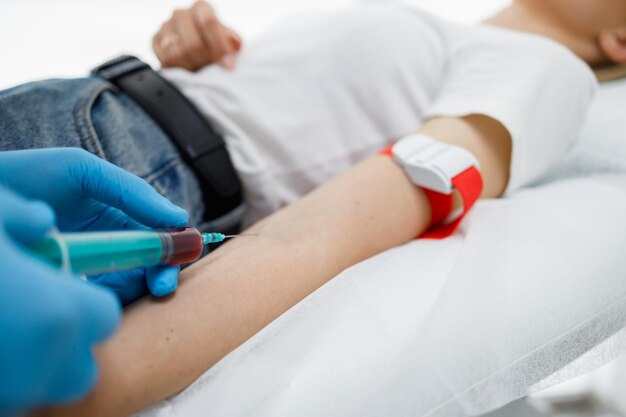How to Become a Phlebotomist in New Jersey: Essential Degrees and Certifications
Embarking on a career as a phlebotomist in New Jersey opens up a world of opportunities in the healthcare field. While the state does not mandate specific licenses for phlebotomists, obtaining the right education and certifications is essential to enhance your employment prospects and ensure patient safety. Aspiring phlebotomists typically begin by enrolling in an accredited phlebotomy training program, often available at community colleges or vocational schools. These programs provide invaluable hands-on training and cover key topics such as anatomy, venipuncture techniques, and safety protocols. Upon completion, it's highly recommended to pursue certifications from recognized bodies like the National Phlebotomy Association or the American Society for Clinical Pathology. These certifications not only validate your skills but also demonstrate your commitment to excellence in patient care, ensuring you stand out in a competitive job market.
Here's a breakdown of the educational pathways and certifications that can help you succeed as a phlebotomist in NJ:
- 🎓 High School Diploma or GED: Basic requirement to enter phlebotomy training programs.
- 🏫 Accredited Phlebotomy Training Program: Provides essential hands-on experience and theoretical knowledge.
- 📜 Certification:
- National Phlebotomy Association (NPA)
- American Society for Clinical Pathology (ASCP)
- American Medical Technologists (AMT)
- 🔍 Optional Associate Degree in Health Sciences: May enhance understanding and open further opportunities in healthcare.

Related Topics
- Becoming Dental Hygienist
- Becoming A Phlebotomist
- Dental Hygienist Duration
- Dialysis Tech Timeline
- Dialysis Technician Timeline
- Flight Paramedic Duration
- Hygienist Timeline
- Become Lab Tech
- Mammography Tech Timeline
- MRI Technologist Duration
- Nurse Technician Timeline
- Pathologist Assistant Timeline
- Pediatric Sonographer Timeline
- Pharm Tech Timeline
- Pharmacy Technician Timeline